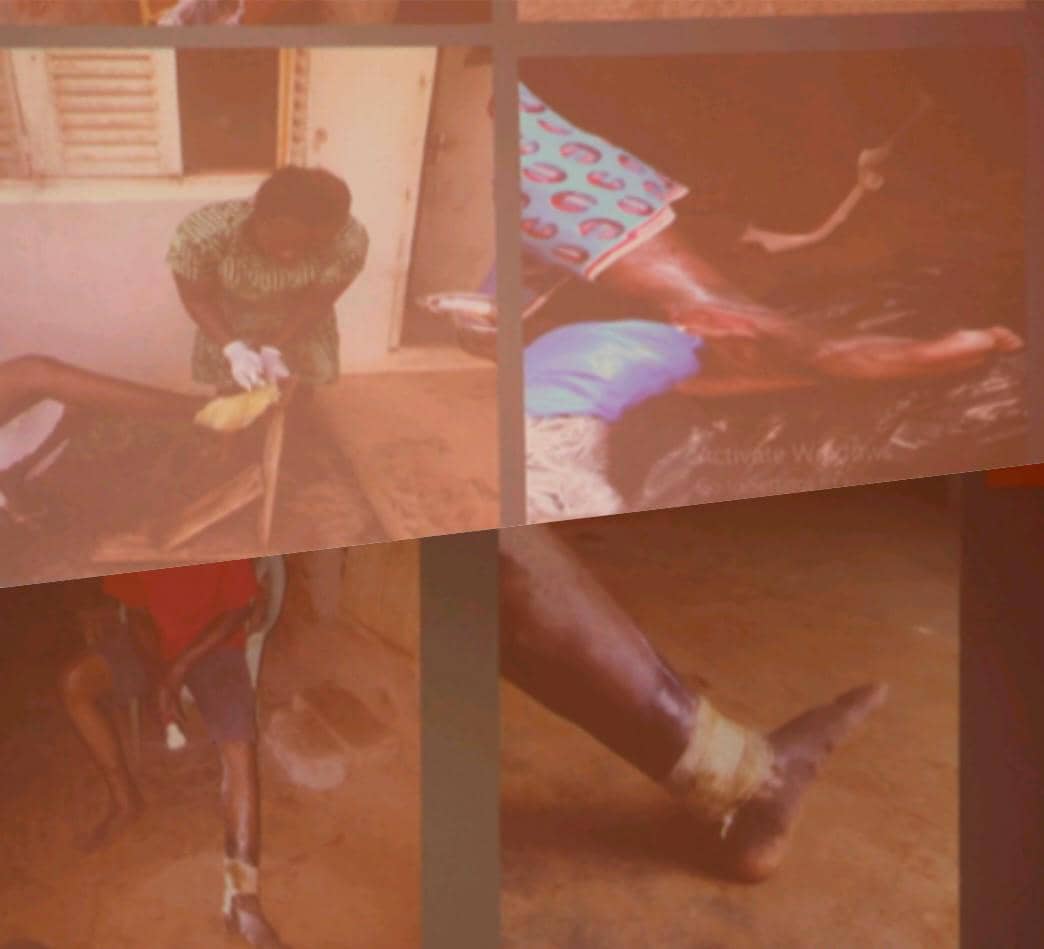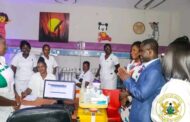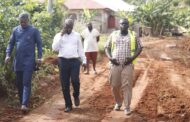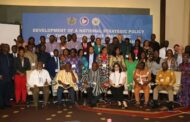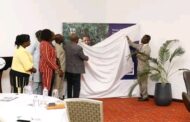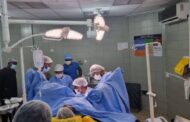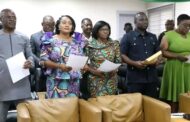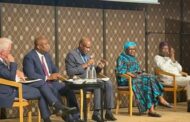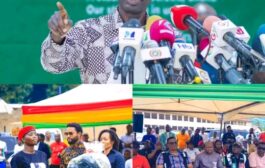Over 1109 suspected cases of skin neglected tropical diseases (NTDs) have been identified within a year in Eastern Region.
These cases were identity in Suhum, Ayensuano, Upper Manya Krobo, Fanteakwa North, and West Akyem.
The diseases were identified through Partnership for the Eradication of Skin-NTDs Project, spearheaded by Ark Development Organization in partnership with Ghana Health Services with support from Cabildo De Gran Canaria through Fundación Anesvad.
The diseases identified include yaws, leprosy, buruli ulcer, and lymphatic filariasis.
The afflicted population, comprising 558 males and 551 females, underscores the pervasive nature of these diseases.
A recent review meeting in Suhum, facilitated by the Regional Health Management team, highlighted critical barriers hindering treatment accessibility.
Notably, the lack of medical services at Community-based Health Planning and Services (CHPS) compound facilities remains a major impediment.
In response, recommendations have been put forward, emphasizing the provision of essential wound care services and the need for rigorous case detection and notification procedures.
David Kwaning, Project Officer at Ark Development Organization, expressed optimism about identifying more cases for treatment, urging the community to dispel misconceptions that often lead to hiding infected individuals in herbal and spiritual centers.
Suhum Municipality recorded the highest number of cases, with 474 reported instances.
Municipal health director Frederick Kwame Ofosu believes that the ongoing project will play a pivotal role in addressing these endemic diseases.
The project aims not only to provide immediate treatment but also to equip volunteers and caregivers with the necessary skills for long-term sustainability.
Agana Nsiire, the focal person at Anesvad, emphasized the importance of sustained collaboration between the government and stakeholders in combating skin NTDs, which not only threaten health but also impoverish families.
Additionally, the project will conclude with the construction of four mechanized boreholes in the project districts and municipalities, aiming to provide safe drinking water for the project communities.
Source:Mybrytfmonline.com/Obed Ansah



